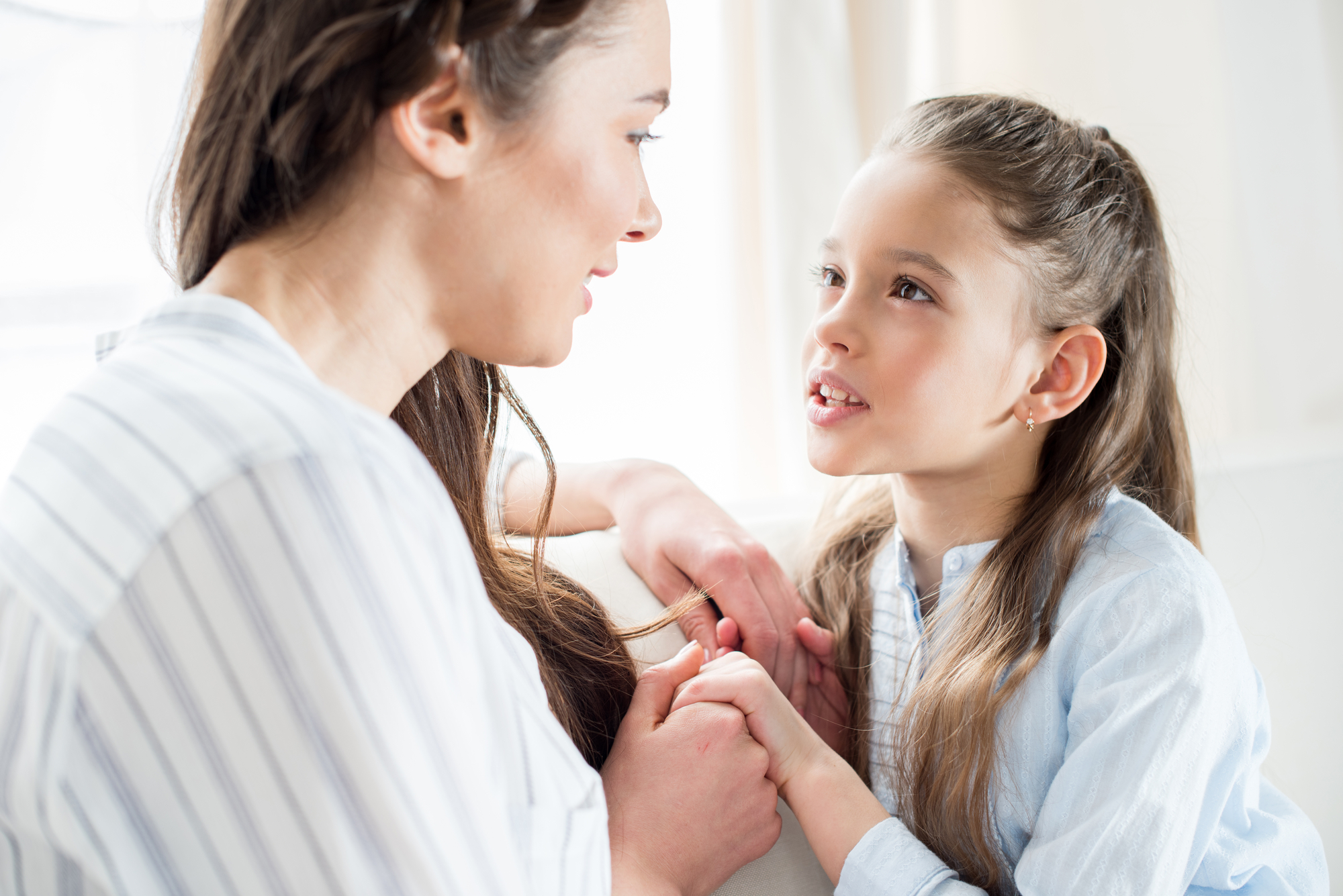When I first read in the news that Dr. Henry had publicly stated that the Infant’s Act meant that children over 12 did not need parental consent, I was fuming. I couldn’t believe that she could be so irresponsible as to suggest that an emergency approved mRNA therapy was something that children could have injected into their bodies without discussion with their parents.
I was not prepared for how I would feel when I received an email from my son’s school stating “Consent: Under the Infants Act, youth are able to give consent to receive the vaccine. The immunizer will provide information and answer questions that anyone receiving the vaccine may have.” My sons are 16 and 18 and I have had long conversations with them about the risks and benefits of the vaccine, and I want them to make their own informed choice. It felt like an extreme violation that it is so blatantly suggested to children that they do not need to consult with their parents (or even tell them) that they are getting the vaccine.
According to the link in the document:
“The Infants Act states that children may consent to a medical treatment on their own as long as the health care provider is sure that the treatment is in the child’s best interest, and that the child understands the details of the treatment, including risks and benefits. It is up to the health care provider to assess and ensure the child’s understanding of the treatment.”
In the Infant’s Act there is no age defined as to when a child can make their own medical choice. I believe it is dangerous to allow a single health care provider to be the sole decision-maker on whether a child can understand a complex medical treatment. While I do agree that there are situations where children are capable of and should be making choices for themselves, this should be a rare occurrence and it certainly shouldn’t be advertised so heavily that children do not need to talk to their parents.
I have emailed health officials to ask exactly what they will be telling my son to determine if there is informed consent or not. While I do think the mRNA treatment is an unprecedented advance in human technology, I do not believe it is a vaccine in the traditional sense. I’ve seen medical doctors who have less understanding of what this ‘vaccine’ is than I do. The mRNA strand is surrounded by a nano-lipid allowing it to cross cellular boundaries, bypassing their protection mechanisms. Once inside the cell, the messenger RNA tells the cell to create the spike proteins, similar to the SARS-CoV-2 virus. This then triggers an immune response and is presumably safer than getting the virus. The treatment has been given emergency approval by Health Canada and has not gone through all of the clinical trials that a vaccine normally would go through. I personally don’t believe that this should be considered a vaccine in the traditional sense of the word and should be considered a different treatment.
This could be the safest and most effective treatment ever created and I would still not agree with a public health official encouraging children to get it without consulting their parents. While not every parent has done the research I have, they should at least be part of the conversation with the children.
I have explained to my children that according to CDC Scenario 5 data (https://www.cdc.gov/coronavirus/2019-ncov/hcp/planning-scenarios.html), the fatality rate for children is 20 per MILLION INFECTIONS. PHAC’s Canadian Nosocomial Infection Surveillance Program recently reduced the number of hospitalizations for children caused by SARS-CoV-2. In Canada we report a COVID hospitalization as someone who has tested positive for the disease, regardless of their illness. Many of these positive tests happened after they were admitted to the hospital and never exhibited any symptoms. According to this article (https://torontosun.com/news/national/furey-fewer-canadian-kids-hospitalized-with-covid-than-previously-thought-report-shows) only 36.6% of child hospitalizations were actually being treated for a respiratory infection. 50% of them had very serious pre-existing conditions. Out of the 1144 COVID ‘hospitalizations’ for children, it’s likely that only a few hundred of them were actually sick from COVID. Presenting my children with these stats, they can better make a decision as to whether they think the vaccine is something they think will affect them considering the rare, but serious, side effects that some people have experienced. I further ask them if they think it’s necessary that they get it right away. If so many others are getting it, it’s not necessary for them to get it, and they can wait and see if it is in fact safe over a period of time.
My personal opinion is that this vaccine is not necessary for this disease, especially for young, healthy adults. I have had the same views on the flu vaccine. I remember one year, 12 or so years ago when there was a huge shortage of the flu vaccine. It was the lowest flu season on record (until this year). Many people have disagreed with me over the years and I don’t tell people what to do (even my own children). I think it is irresponsible and perhaps even dangerous (a child might not even know their full medical history and had dangerous reactions to vaccines in the past) for a public health official to tell children they don’t need to talk to their parents about a very new type of medical treatment that has not been through full clinical trials. In the end, they will make their own choice, but I have told the school in no uncertain terms that I do not give my consent.
Keith MacIntyre, Leader, BC Libertarian Party

